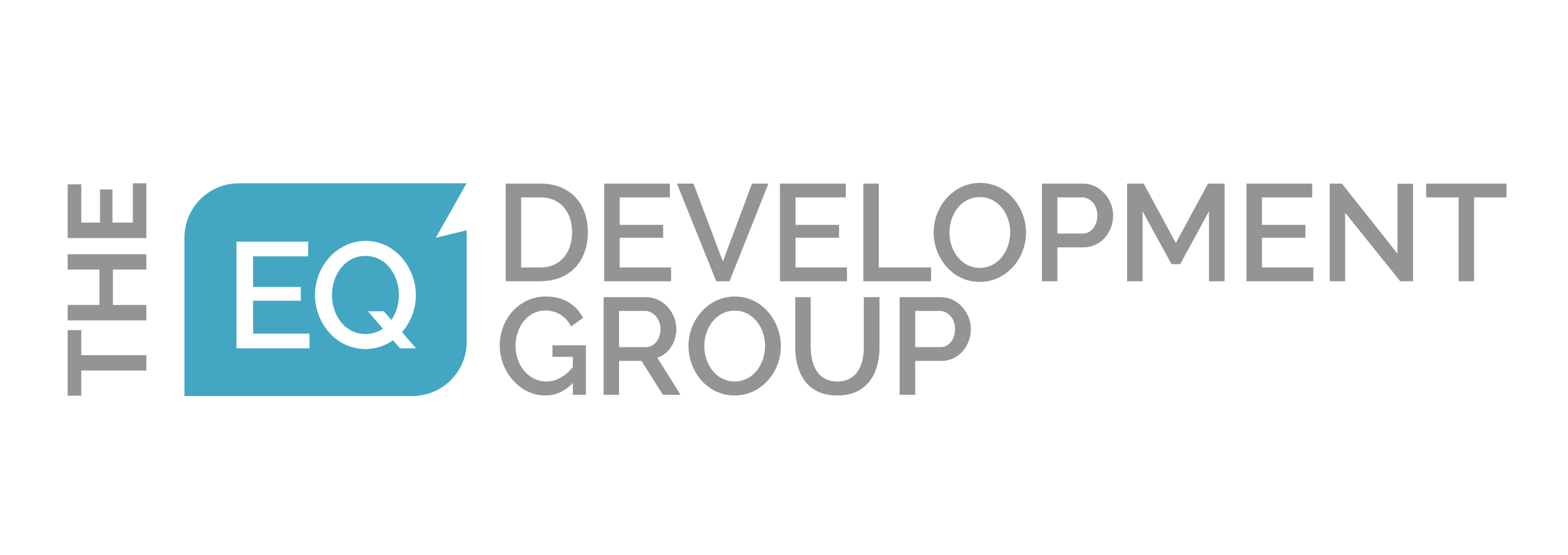How Certification in EQi/EQ360 Impacted my Personal and Professional Practice
Whammo. There it was, my full EQi results. All of my scores with nicely colored bars drawing my eye to each one I deemed “low”. A self-admitted type A personality, I was excited about all of the “high scores” I had. “Yes! I thought, nailed it, I AM emotionally intelligent”.
…and then I had my personal debrief and learned that (gasp) it really isn’t about high scores, but more about how key subscales balance with each other. Once I recovered from my disappointment that I hadn’t necessarily aced the test, I found deep insights in the EQi application that taught me more about myself, and directly impacted my leadership consulting practice.
Learning about yourself and increasing your self-awareness is the core of personal mastery and personal leadership. Recognizing where you might have an opportunity to see things differently, apply new knowledge, and realize positive change is integral to growth.
My journey of interest in Emotional Intelligence culminating in certification in the EQi/EQ360 and then transfer of new knowledge to my consulting practice was not a linear road. In order to truly understand my results, integrate them into my thinking and then adapt my own leadership practice required me to be vulnerable, and to hold my existing thoughts lightly.
I had to look, and then see, how imbalances impact my leadership and practice. Like any learning experience I truly embrace, I was changed, and also energized. I had a new tool to use with my clients!
What I appreciate most about the EQi/EQ360 is also what I initially resisted; that it isn’t about high scores. I enjoy variety in the assessment tools I employ with my clients, and while each have unique strengths, the EQi/EQ360 is the one I go to when I am looking for an exploration of self without labels, judgments, or “meanings” attached.
Once I set the common understanding of the “technical” definitions of each Composite and corresponding Sub-scales, I can authentically sit in conversation. It isn’t about what I think scores mean, or what theory says about how you might show up, it is about how YOU think you show up, and what components of the EQi model offer areas of insight, and potentially huge growth.
Whether it is 1:1 with a client or in a group setting, as the facilitator I am just “with” as support rather than “above” as expert – a dynamic I strive to achieve in my interventions. Understanding the role emotions play across all the Composites make me a better leader, coach, facilitator and consultant.
In a team-based realm, the EQi is a powerful method for teams to learn with and about each other without sharing personal results. So; it is safe, yet deepens connections as teams work through personal journeys, together, in support of each other.
I would have been skeptical prior to my certification that activities related to emotional intelligence and the EQi could foster team trust, communication, and share vision without ever sharing any personal report information. I now stand with new knowledge that not only it is possible, but powerful. It is an interesting dialogue with my clients when I am asked to deliver a “Team EQi” and I respond with “that really isn’t possible” …and…” but we can change the way you work and interact using the EQi”.
Team Emotional Intelligence isn’t really a thing. But; but having a team in which every member has increased self-awareness, commitments for growth, and a respect for the role emotions play in all aspects of leadership transforms individuals, teams, and organizations.
While I still want those “high scores” (can you guess how I scored in Self-Actualization?), my application in the 2+ years since I was certified in the EQi/EQ360 has changed the way I do business with myself, others, and my clients.
It can be “just another cool tool”, or it can differentiate you in your field in respecting and leveraging the role emotions play in how you view yourself (Self-Perception), how you express yourself (Self-Expression), how you foster relationships (Interpersonal), the role of emotions in decisions (Decision Making) and how emotions impact your ability to keep balance under stress (Stress Management).
It is your choice! I know what mine is, and I look forward to continued learning and understanding.


